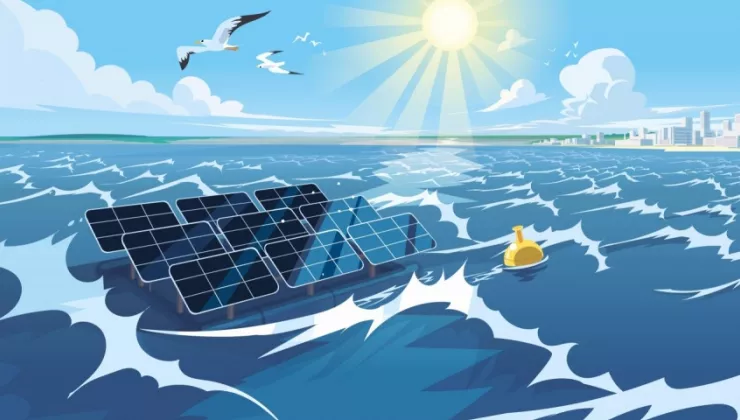Wrap-up of Energy Encounters: Offshore Wind
In September 2020, EnergyVille published a study elaborating on a number of potential avenues for the Belgian energy transition. Various energy scenarios were also elaborated. The next step was to organise a series of debates with various stakeholders to find constructive solutions together.
During this series of debates, different topics will be addressed, including onshore and offshore wind, solar energy and gas. On 16 February, the focus was on offshore wind. Minister of the North Sea Van Quickenborne, Minister of Energy Van der Straeten and a number of leading companies and organisations from the sector took the floor during the event.
Some findings
We will include some findings below as Blue Cluster experienced them::
Second offshore energy zone
- An installed capacity of 6GW could be achieved in the new Princess Elisabeth Zone instead of the planned 2GW.
- According to Elia, it is possible to match this with the Ventilus high-voltage connection, but there is resistance to this.
- A good balance between investments in new electricity connections and the production of molecules for heating, transport and industry will be essential.
- A stable electricity price (or a mechanism to anticipate very low prices) is essential to attract investors in a healthy way.

- Flexibility
Wind farms can contribute to the power grid’s flexibility and be turned off if circumstances require it. - In addition, wind farm zones can also be optimised by combining different activities, e.g. fisheries and aquaculture.
- Energy surpluses produced during periods with a lot of wind and a low demand can be sold to our neighbours or be converted into hydrogen.
- Belgium should invest in the import from countries with a lot of wind or solar power, as well as in the local production of green hydrogen from offshore wind.
Energy security
- Technology has evolved so much that offshore wind turbines can continue producing energy, even in extreme wind circumstances.
- Moreover, the chance of a black-out due to the simultaneous failure of all wind farm zones is practically non-existent.
- The plan for an energy island in the new wind farm zone and the connection to Denmark is welcomed, because such efforts are essential for the power grid of the future.
- Belgium cannot stay behind as our renewable energy capacity is limited and there is a high demand for energy (including from the chemical industry).


